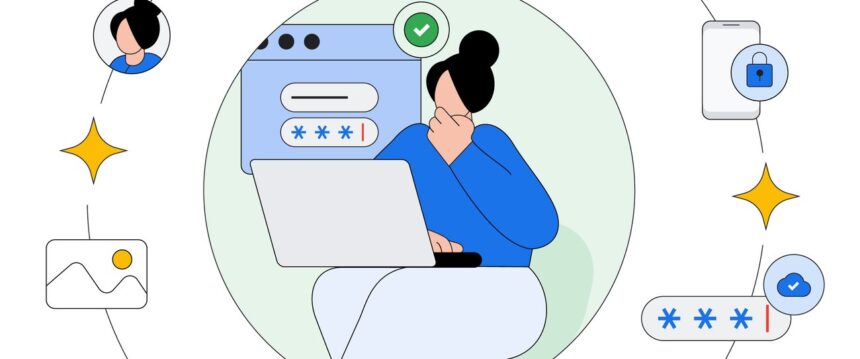At Google, our focus is on technology that prioritizes security by default. For instance, our AI-powered spam and abuse filters on Gmail and Google Search effectively block the majority of suspicious emails and spam sites before they reach users.
Beyond designing products to combat scams, we understand that creating a safer internet for all requires collective effort. The increase in scamming incidents highlights the need to enhance digital literacy, especially among the most vulnerable individuals.
Here are some of the ways we have partnered with policymakers, NGOs, and community organizations over the past year to promote online safety in the Asia-Pacific region.
Promoting Online Safety Education
In India, we introduced the DigiKavach program to tackle widespread online financial fraud by analyzing scammer tactics and collaborating with industry experts such as the Fintech Association for Consumer Empowerment. Additionally, Google.org, Google’s philanthropic arm, provided a new grant of US$4 million to the CyberPeace Foundation for a four-year nationwide awareness-building program and a multilingual digital resource hub, benefiting nearly 40 million underserved individuals in learning about and protecting themselves from misinformation.
In Singapore, we supported Project PRAISE, an initiative in partnership with RSVP Singapore: The Organisation of Senior Volunteers and the Singapore Police Force. This initiative involves training volunteers to raise awareness of scams among seniors, who are particularly vulnerable to cyberattacks, through a series of workshops.
In Hong Kong, we backed the Be a Smarter Digital Citizen program led by the Hong Kong Council of Social Service to enhance students’ digital literacy and awareness of online safety. We shared practical tips for securing online accounts, such as 2-step verification, safer search experiences with SafeSearch and Safe Browsing, AI-powered anti-phishing features across Gmail and Chrome, and more.









